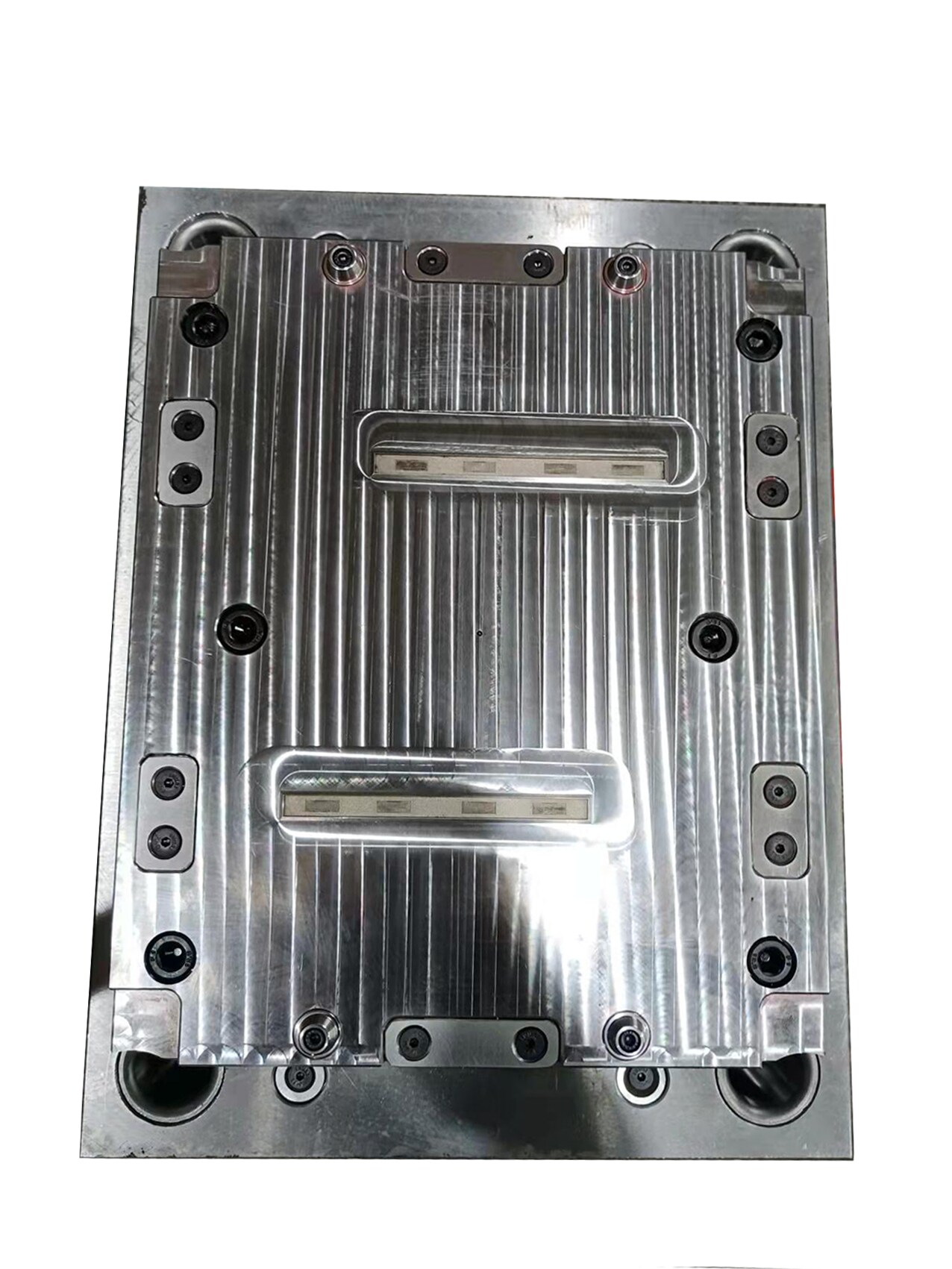News
Site Editor
 Site
https://aaamould.usa02.wondercdn.com/uploads/image/6683a2be2307e.png
In the dynamic landscape of global trade, the ability to source high-quality, cost-effective components is paramount to success. Custom injection molded plastics offer a versatile and efficient sol
Site
https://aaamould.usa02.wondercdn.com/uploads/image/6683a2be2307e.png
In the dynamic landscape of global trade, the ability to source high-quality, cost-effective components is paramount to success. Custom injection molded plastics offer a versatile and efficient sol
Unlocking Global Opportunities: A Deep Dive into Custom Injection Molded Plastics
Views: 1219
Author: Site Editor
Publish Time: 2025-03-12
Origin: Site
In the dynamic landscape of global trade, the ability to source high-quality, cost-effective components is paramount to success. Custom injection molded plastics offer a versatile and efficient solution for manufacturers across diverse industries, from automotive and medical to electronics and consumer goods. This in-depth exploration will delve into the intricacies of custom injection molding, highlighting its advantages, challenges, and the strategic considerations crucial for navigating the international market.
The Allure of Custom Injection Molded Plastics: Why Choose This Manufacturing Process?
The popularity of custom injection molding stems from its unparalleled ability to produce complex parts with high precision and repeatability. Unlike other manufacturing methods, injection molding allows for the creation of intricate designs, thin walls, and tight tolerances, resulting in lightweight yet durable components. This precision is particularly crucial in industries with stringent quality control standards.
Beyond precision, injection molding boasts several key advantages:
-
High Production Volume: The process is inherently suited for mass production, making it cost-effective for large-scale projects.
-
Material Versatility: A wide range of thermoplastic and thermoset polymers can be used, allowing for customization of material properties to meet specific application needs (e.g., high temperature resistance, flexibility, impact strength).
-
Design Flexibility: Complex geometries, undercuts, and integrated features can be easily incorporated into the mold design.
-
Automation Potential: Injection molding machines are highly automated, leading to increased efficiency and reduced labor costs.
-
Cost-Effectiveness (for high volumes): While tooling costs are significant upfront, the per-unit cost decreases dramatically with increased production volume.
Navigating the Global Landscape: Sourcing Custom Injection Molded Plastics Internationally
Sourcing custom injection molded plastic parts internationally presents both opportunities and challenges. While overseas manufacturers often offer lower labor costs, it's crucial to carefully weigh the potential benefits against the inherent risks.
Finding Reliable Suppliers: Due Diligence is Key
Identifying reputable suppliers requires meticulous research and due diligence. Thoroughly vet potential partners by:
-
Verifying Certifications: Look for ISO certifications (e.g., ISO 9001 for quality management) and other relevant industry standards.
-
Assessing Manufacturing Capabilities: Investigate the supplier's machinery, technology, and experience in handling similar projects.
-
Reviewing Case Studies and References: Request case studies and contact previous clients to assess the supplier's track record and reliability.
-
Conducting On-Site Audits (if feasible): An on-site audit provides firsthand assessment of the manufacturing facility and its processes.
-
Analyzing Communication and Responsiveness: Effective communication is paramount; ensure the supplier is responsive and proactive.
Managing the Supply Chain: Minimizing Risks and Maximizing Efficiency
Effective supply chain management is critical for success. This involves:
-
Clear Communication: Establish clear communication protocols to ensure accurate specifications, timelines, and quality expectations.
-
Detailed Contracts: A comprehensive contract should clearly define specifications, payment terms, intellectual property rights, and dispute resolution mechanisms.
-
Quality Control Procedures: Implement robust quality control procedures, including regular inspections and testing at various stages of the manufacturing process.
-
Logistics and Transportation: Plan for efficient and cost-effective transportation of goods, considering factors such as customs regulations, insurance, and potential delays.
-
Risk Mitigation Strategies: Develop strategies to mitigate potential risks, including political instability, currency fluctuations, and natural disasters.
Material Selection: Tailoring Properties to Application Needs
The choice of material is crucial for the performance and longevity of the final product. The vast array of available polymers necessitates careful consideration of factors such as:
-
Mechanical Properties: Strength, stiffness, impact resistance, fatigue resistance, and elasticity.
-
Thermal Properties: Melting point, heat deflection temperature, thermal conductivity, and thermal expansion.
-
Chemical Resistance: Resistance to various chemicals, solvents, and environmental factors.
-
Electrical Properties: Dielectric strength, resistivity, and conductivity.
-
Cost: Material costs vary significantly, impacting overall project expenses.
-
Sustainability: Choosing recyclable or bio-based materials can enhance the environmental profile of the product.
Beyond the Basics: Advanced Considerations for Global Success
To truly thrive in the global marketplace, manufacturers must consider additional factors beyond the core aspects of sourcing and production:
-
Intellectual Property Protection: Safeguarding designs and patents is crucial, especially when working with international suppliers. Secure appropriate legal protection.
-
Regulatory Compliance: Adherence to international safety and environmental regulations is vital for market access and avoiding legal repercussions.
-
Cultural Considerations: Understanding cultural nuances and communication styles can significantly improve collaboration with international partners.
-
Long-Term Partnerships: Developing strong, long-term relationships with reliable suppliers fosters trust and facilitates smoother operations.
-
Continuous Improvement: Regularly evaluate processes, seek feedback, and implement improvements to optimize efficiency and quality.
Conclusion: Embracing the Global Potential of Custom Injection Molded Plastics
Custom injection molded plastics represent a powerful tool for manufacturers seeking to leverage global opportunities. By meticulously planning, conducting thorough due diligence, and implementing robust supply chain management strategies, businesses can harness the benefits of this versatile technology while mitigating potential risks. The key to success lies in a proactive, informed approach that prioritizes quality, reliability, and long-term partnerships.